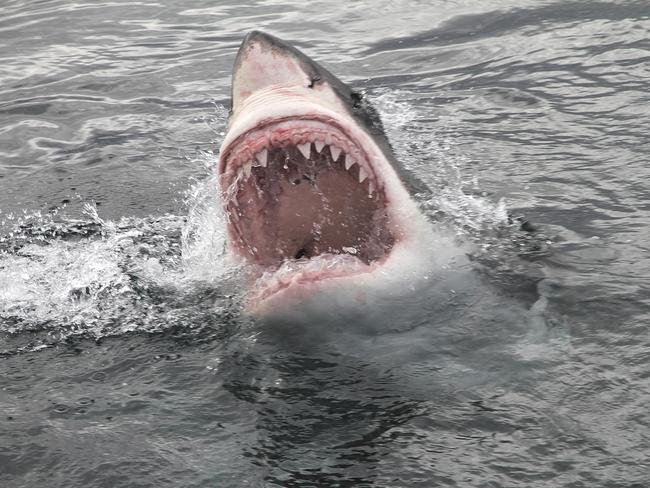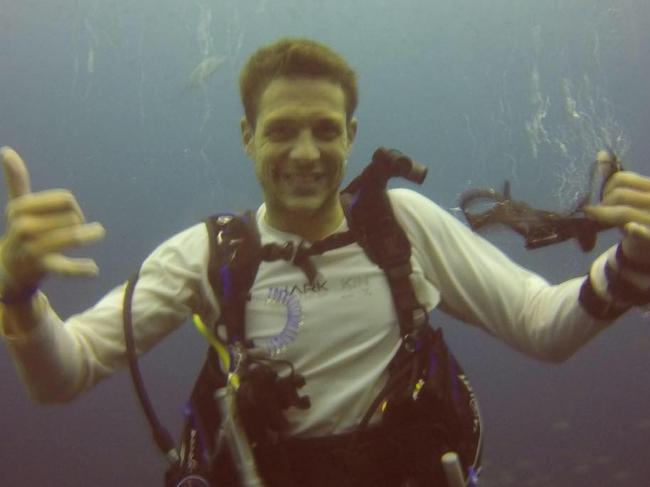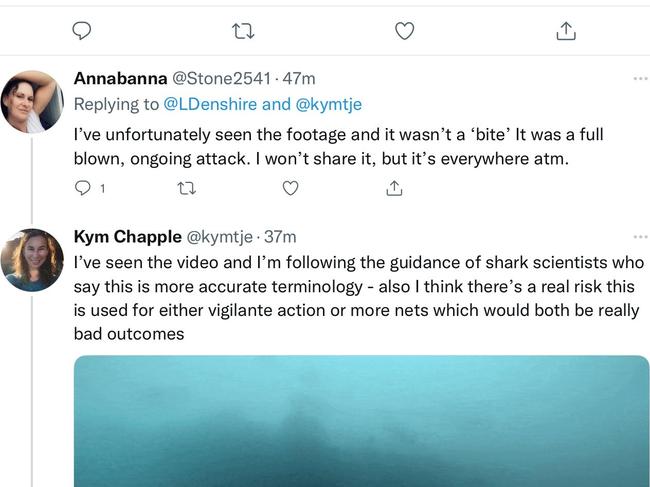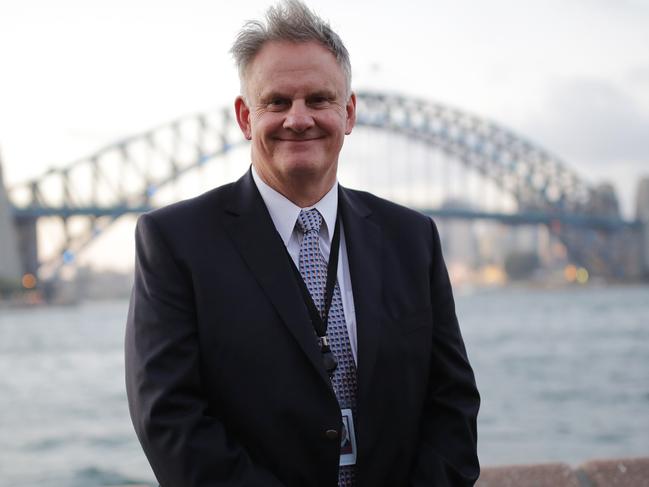Little Bay shark attack ‘a bite’ - Greens slammed over playing down fatality
Shark researchers and government bodies are moving away from using term ‘shark attack’ but the PC push has sparked a backlash.
NSW
Don't miss out on the headlines from NSW. Followed categories will be added to My News.
Ferocious and savage shark attacks are being renamed “shark incidents” and “shark bites” under a politically correct push to move away from so-called “alarmist” language.
Shark researchers are concerned the public thinks sharks are “mindless man-eating monsters”.
Surf Life Saving NSW has now officially stopped using the word “attacks” saying “we’ve moved away from the term ‘attack’ as it doesn’t accurately reflect the behaviour of sharks in their natural habitat”.
It described Wednesday’s horrific tragedy as a “fatal shark incident”.
The NSW Department of Primary Industries, in charge of keeping swimmers safe, also now just uses the term “shark bite”.
And the Australian Shark Attack File managed by Taronga Zoo has been renamed the “Australian Shark Incident Database”, with marine scientists citing “negative concerns” around the previous name.

It said it would include phrases such as “interactions” and “negative encounters”.
Greens Deputy Mayor at Randwick Council Kym Chapple, part of a Greens party team that has pushed to remove netting off Sydney beaches, described Tuesday’s tragedy as a “shark bite”.
“Awful news from Little Bay tonight with a person killed following a shark bite – beach is currently closed,” she wrote in a now-deleted tweet.

When questioned by someone who said “it wasn’t a ‘bite’ it was a full blown, ongoing attack”, Ms Chapple replied: “I’ve seen the video and I’m following the guidance of shark scientists who say this is more accurate terminology – also I think there’s a real risk this is used for either vigilante action or more nets which would both be really bad outcomes.”
One Nation NSW MP Mark Latham said removing the word attack reflected Greens party beliefs that the “human got in the way of the shark”, instead of the reality that the shark attacked the human.


“I think it’s wrong for people to be implying sympathy for the shark when the life has been lost and the family and loved ones would be completely devastated,” he said.
“They are trying to downplay this as a bite rather than an attack.
“Humans have got the right to protect human life.
“Calling it an incident is pathetic, when a life has been lost, call it what it is.”
Asked about her tweets, Ms Chapple said she wasn’t fully aware of the extent of the attack and it was clearly deeply awful and traumatising.
“This was a tragic and horrific death and it’s not about politics or some argument on language it’s about concern for a grieving family,” she said.

Former Randwick Liberal deputy mayor Brendan Roberts, who fought to save shark nets, said Ms Chapple had “imposed on the community the politically correct language of ‘shark bite’ when describing their attacks on people.”
“Clearly this new Greens councillor, gifted the position of Deputy Mayor last month with Labor support, has instinctively sided with the importance of protecting the reputation of killer sharks,” he said.
Australian Marine Conservation Society researchers have complained that “alarmist language” by the media and politicians could “inflame public fears” about beach safety.
One shark researcher told an Australian conference last year the move away from saying attack was “because it helps dispel inherent assumptions that sharks are ravenous, mindless man-eating monsters”.
Film maker and shark specialist Andy Casagrande on Thursday defended sharks, saying Australian policy is “infamous for its brute-force shark nets and shark culls” and the ocean was their home.
“Bottom line, sharks are ocean based apex predators, and if they wanted to, they would hunt and kill humans every day of the year, but they don’t,” he said.
“Humans on the other hand, do hunt and kill sharks every single day of the year.”





